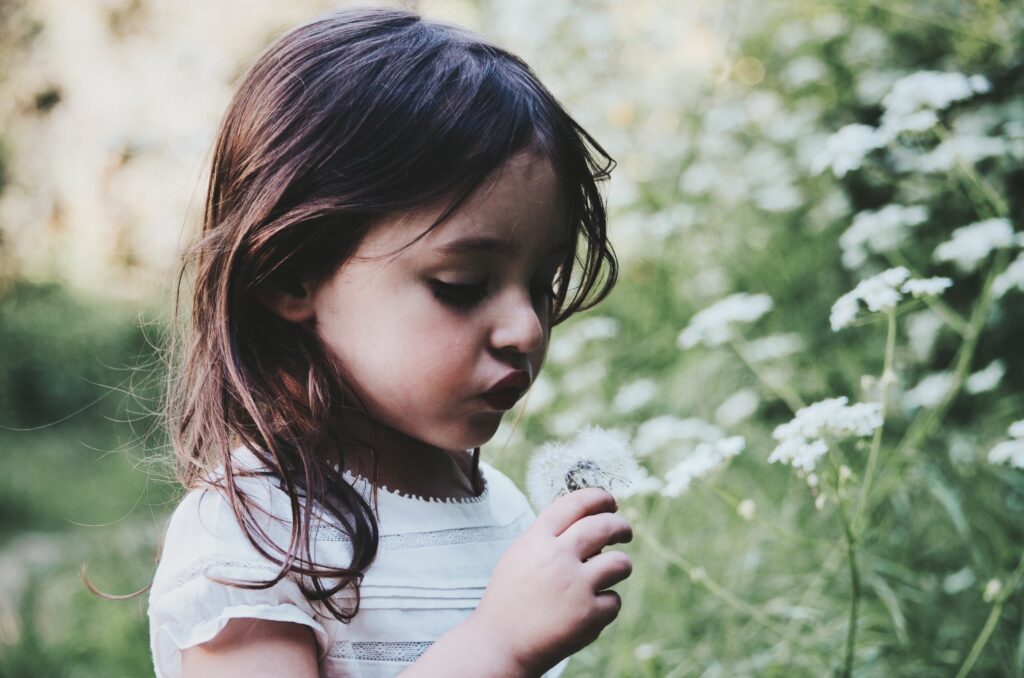None of us were born with the skills of emotional regulation. As infants, we experienced emotions that were very intense and raw, without the ability to soothe ourselves, or even understand what we are experiencing.
What we needed and depended on was the guidance of our caregiver(s), a safe adult, skilled at regulating their own emotions so that they can:

- help us calm down (and soothe our nervous system),
- help us understand what we are feeling (help us start to develop emotional intelligence),
- validate our emotions, show us that how we feel makes sense (and so teach us self-compassion) and
- show us what we can do to feel better or resolve a problem (teach us helpful coping strategies and problem-solving).
If our caregivers were not able to do this effectively – maybe because they themselves lacked this skill and were often overwhelmed, then it is perfectly normal and understandable that we might be facing challenges in dealing with our emotions as adults.
When we find ourselves in stressful or highly emotional situations during our adult lives, our inability to effectively regulate emotions can give rise to significant challenges.
It’s not uncommon for us to turn to coping mechanisms that offer immediate, but temporary, relief. We may have even developed dependencies on substances or behaviors as a means of managing our emotions. These dependencies can manifest in various ways, from excessive use of social media, overindulging in food (i.e. binge-eating ), self-harming, engaging in compulsive sexual behavior, workaholism to substance abuse or any other behaviour that we habitually go to in times of stress or unease. All of these actions are our attempts to soothe our overwhelmed nervous system and regain a sense of control. In other words, we are finding ways to regulate our emotions. Unfortunately, these ways can end up hurting us in the long run. They often lead to us feeling worse and may keep us trapped in a cycle of guilt and shame.
We can, instead, learn ways that are truly helpful. The initial step in this journey towards emotional self-regulation is to learn to treat ourselves with compassion. This starts by gaining insight into the reasons behind our behavior and understanding why we experience the emotions we do. Crucially, it requires treating ourselves with kindness and without self-blame.
In this process we learn to make peace even with the parts of ourselves we may dislike. We come to fully understand and appreciate that we are intrinsically valuable just as we are. As Carl Rogers once, wisely, said “The curious paradox is that when I accept myself, just as I am, then I can change.”
Author: Jasmina Karajanov Rajkov